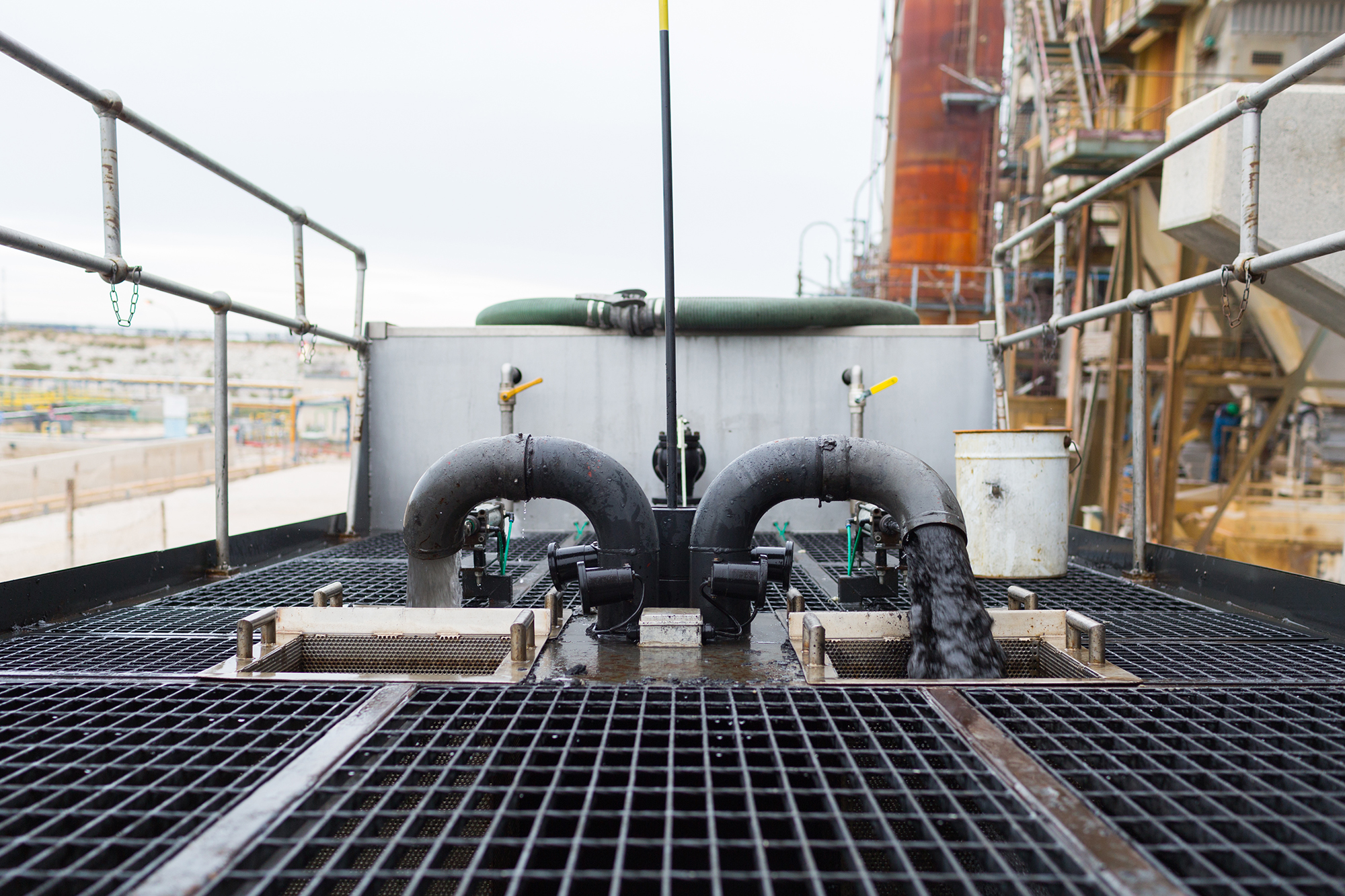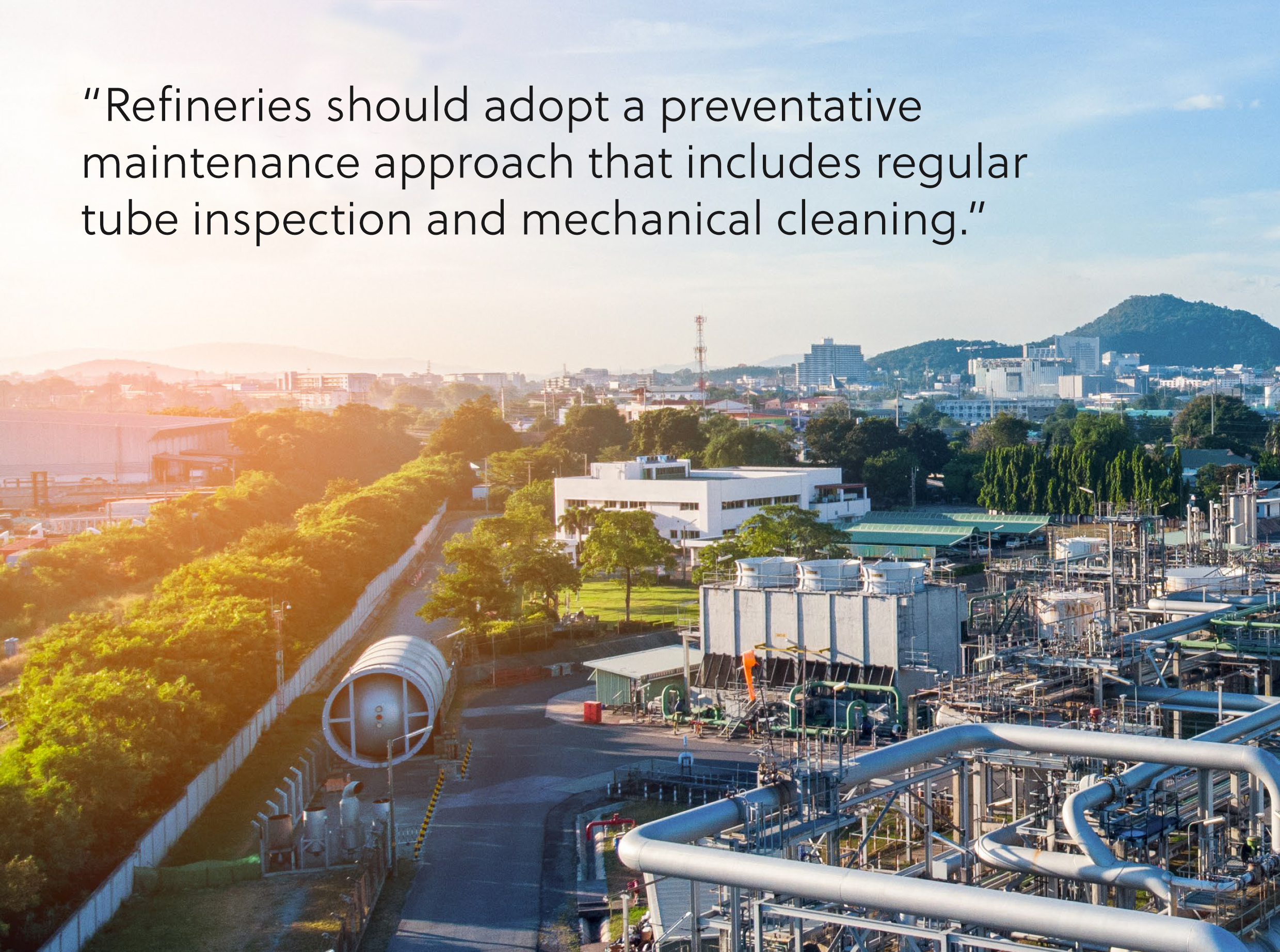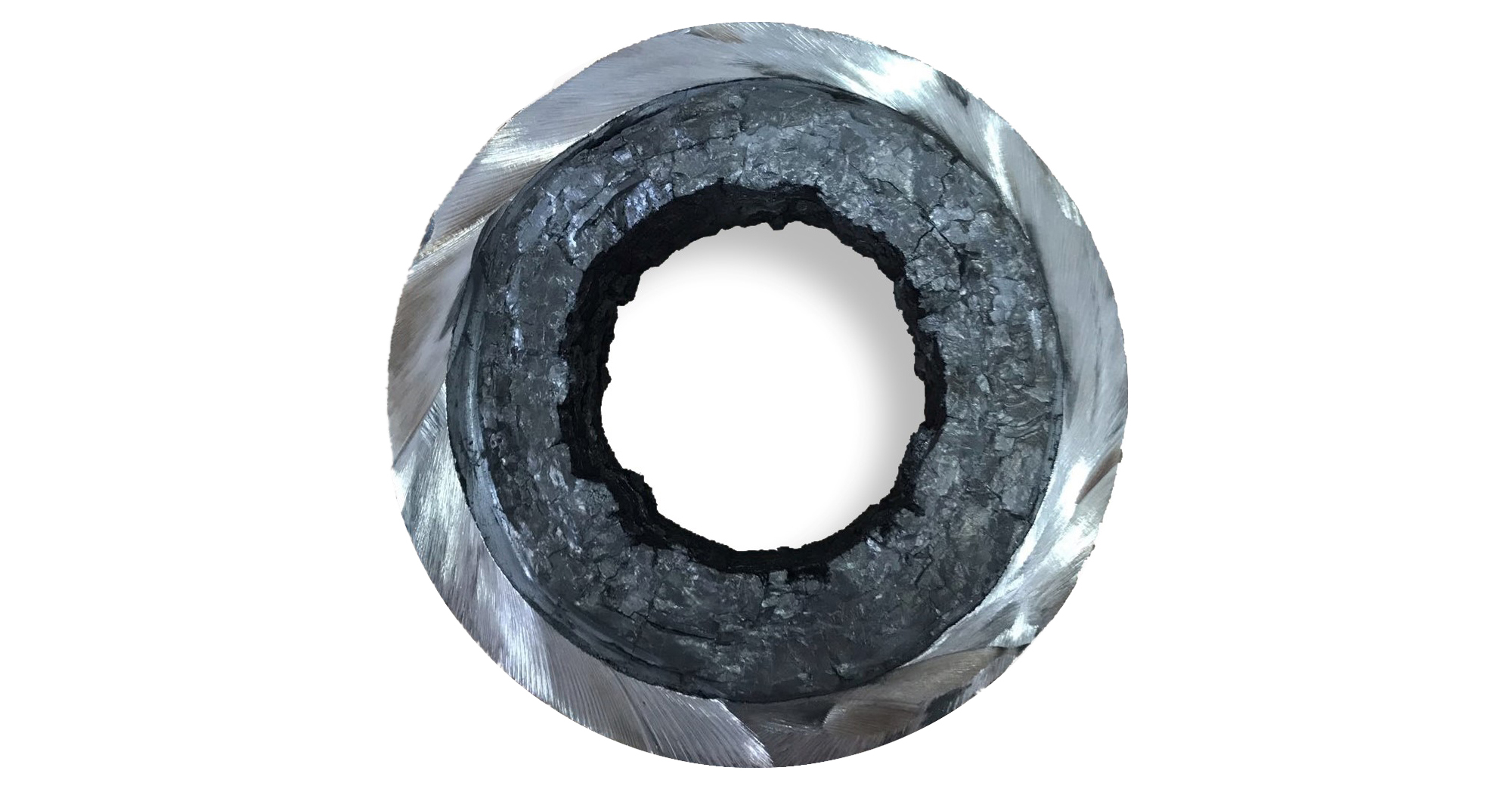Understanding the Impact of Coke Build-up on Refinery Operations
03 October 2024
Refineries are still the lifeblood of the global energy industry, converting crude oil into valuable products such as gasoline, diesel and jet fuel. However, refinery operations are highly complex and maintaining optimal performance is an ongoing challenge. One of the critical issues that can significantly affect refinery efficiency is coke build-up inside process equipment like fired heaters, heat exchangers and furnaces.
Coke deposits can accumulate over time, obstructing heat transfer and creating operational inefficiencies that drive up costs and emissions. In this article, we’ll explore the impact of coke build-up on refinery operations and discuss how mechanical decoking can resolve these issues, leading to more efficient, cleaner and safer processes.
What is Coke Build-up?
Coke is a carbonaceous solid that forms as a byproduct of heavy hydrocarbon processing. The formation of coke is inevitable in refinery equipment when operating at high temperatures, especially when processing heavier crude oils. As the hydrocarbons break down during refining, some of the carbon deposits onto the surfaces of the tubes and gradually accumulate over time.
The Dangers of Coke Build-up in Refineries
While coke build-up might seem like a minor issue, its effects on refinery operations can be significant. Here’s a breakdown of how it impacts performance:
1. Reduced Heat Transfer Efficiency
- Impact: Coke acts as an insulating layer inside the tubes of heat exchangers and fired heaters. As it builds up, it obstructs the transfer of heat from the hot gases inside the furnace to the process fluid flowing through the tubes. This inefficiency forces refineries to increase fuel consumption to maintain the desired process temperatures, which drives up operational costs.
- Result: Higher fuel usage, increased operational costs and potential hot spots that can lead to tube failure.
2. Increased Fuel Consumption
- Impact: As heat transfer efficiency declines due to coke deposits, the refinery must burn more fuel to maintain the same output. This not only increases energy costs, but also reduces overall operational efficiency.
- Result: A higher carbon footprint and increased greenhouse gas emissions due to the additional fuel burned.
3. Reduced Throughput and Operational Capacity
- Impact: As coke builds up in critical equipment, the flow of hydrocarbons through the system can be restricted. This reduces the throughput capacity of the refinery, meaning less product can be processed over time.
- Result: Lower refinery productivity and potential bottlenecks in meeting demand for refined products.
4. Increased Risk of Equipment Damage and Downtime
- Impact: If coke deposits are allowed to build up unchecked, they can cause overheating in furnace tubes. This leads to hot spots, tube failures and in extreme cases, unplanned shutdowns. The damage caused by coke-related issues can result in significant repair costs and prolonged downtime.
- Result: Costly unscheduled shutdowns, expensive repairs and safety risks to workers.
5. Higher Maintenance Costs
- Impact: Frequent cleaning and unscheduled maintenance may be required when coke build-up reaches a critical level. This means increased maintenance costs, more frequent equipment inspections, and longer shutdown periods for cleaning.
- Result: A more frequent maintenance cycle that drives up operational expenses and impacts profitability.

How Mechanical Cleaning Solves the Problem
Mechanical cleaning (also known as decoking) is a highly effective method for removing coke build-up from the inside of refinery tubes and other equipment. It involves using specialised tools that physically remove the coke deposits from the interior surfaces, restoring heat transfer efficiency and reducing the risk of equipment failure. Here are some key benefits:
1. Restored Heat Transfer Efficiency
- By removing the coke layer, mechanical cleaning allows heat to transfer more efficiently from the furnace to the process fluid, reducing the need for excess fuel and improving overall energy efficiency.
2. Reduced Emissions
- With better heat transfer and lower fuel consumption, refineries can significantly reduce their greenhouse gas emissions, contributing to more sustainable operations.
3. Increased Equipment Longevity
- Regular decoking prevents overheating and tube failure, extending the lifespan of critical equipment. This reduces the need for expensive replacements and major repairs, helping refineries maintain continuous, safe operations.
4. Lower Maintenance Costs
- By scheduling regular mechanical decoking as part of a preventative maintenance plan, refineries can avoid the high costs associated with unplanned downtime and emergency repairs. It also helps in maintaining optimal operational performance.
5. Improved Refinery Throughput
- With coke deposits removed, the system can operate at its full designed capacity, allowing refineries to process more crude and maximise output without the operational restrictions caused by blockages.

The Role of Preventative Maintenance
To avoid the risks associated with coke build-up, refineries should adopt a preventative maintenance approach that includes regular tube inspection and mechanical decoking. Tube inspection technologies such as ultrasonic testing or eddy current testing can identify the early stages of coke accumulation, enabling refineries to plan decoking activities before efficiency declines or equipment damage occurs.
Optimising Decoking Frequency
The frequency of decoking depends on various factors, including the type of crude being processed, furnace design, and operational parameters. Working with a reliable decoking service provider can help refineries determine the optimal decoking schedule based on these factors, ensuring maximum efficiency and minimal downtime.
Conclusion
Coke build-up may be a common issue in refinery operations, but it doesn’t have to be a costly one. Understanding the impact of coke accumulation on heat transfer, fuel consumption, and equipment health is crucial for maintaining refinery performance. By investing in regular mechanical decoking and tube inspection, refineries can mitigate the risks, reduce operational costs, and improve both productivity and environmental compliance.
If your refinery is experiencing efficiency losses or higher fuel costs, it may be time to assess whether coke build-up is the cause. Reach out to our team of experts to discuss how mechanical decoking can restore your equipment’s performance and ensure your refinery operates at its best.
If you need help with mechanical cleaning, contact us today to schedule an inspection or learn more about how our decoking services can improve your refinery’s performance.


